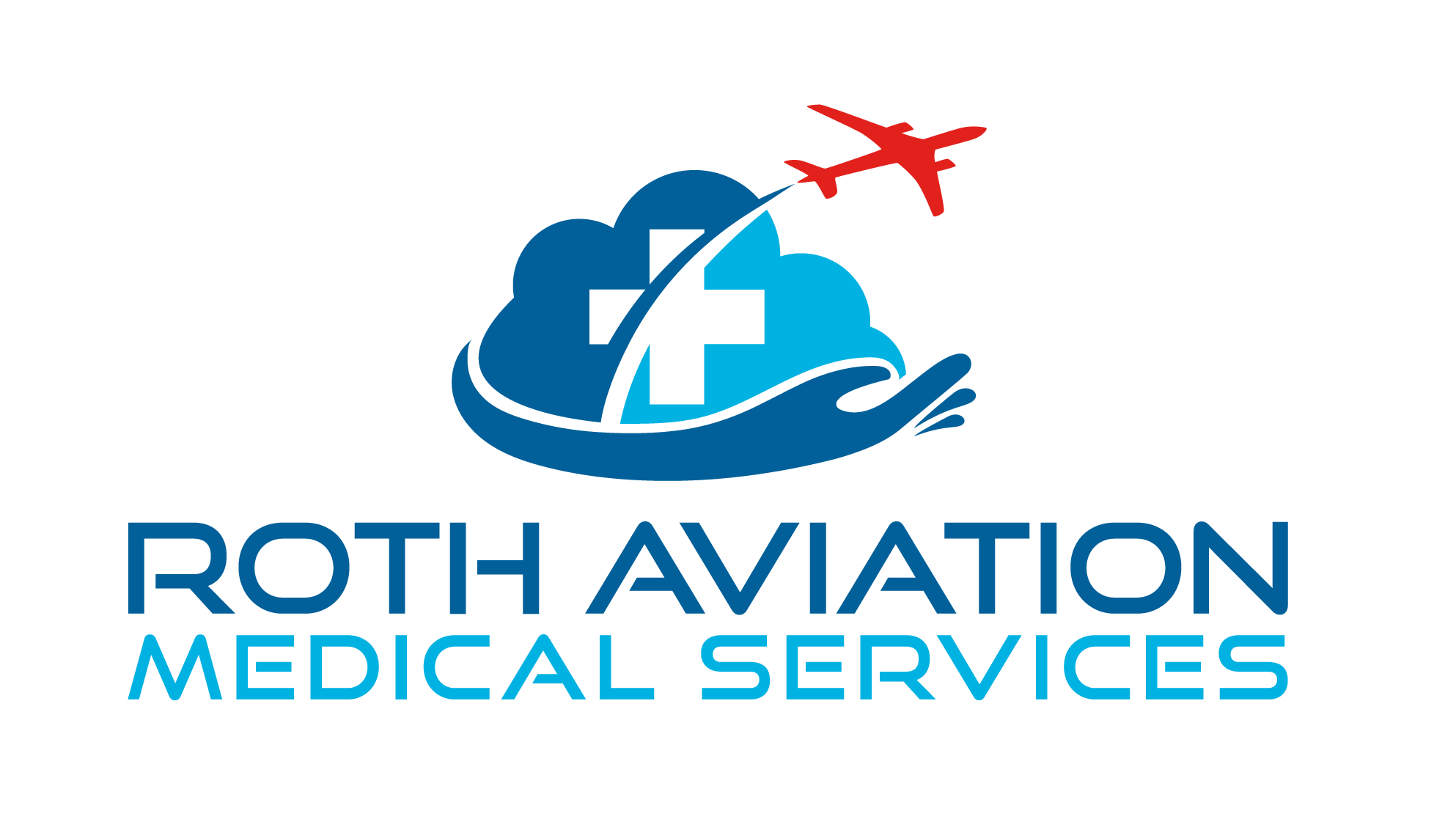In recent months we have found some common aeromedical significant conditions impacting one’s medical certification…

Need for Accuracy of entries on the FAA Medical Application 8500-8 Form
FAA Medical Application 8500-8 Form
Because providing a false response, whether innocently or intentionally, to any question on your FAA medical application (Form 8500-8) is justification for the FAA to revoke all your airman certificates (including your pilot certificates, ratings, authorizations, medical certificate, and A&P certificate, if you have one). Not only can the FAA revoke your certificate(s) because of false information, but criminal liability can also result. For example, in some cases, airmen have failed to report their VA disability benefits in response to question 18(y) on their medical applications, resulting in an intentionally false statement yielding criminal liability.
For the purposes of this article, the relevant regulation regarding false statements on a medical application is 14 C.F.R. §67.403. Therein, the FAA identifies at §67.403(a)(1) that a person making or causing to be made a “fraudulent or intentionally false entry in any logbook, record, or report that is kept, made, or used, to show compliance with any requirement for any medical certificate or for any Authorization or Statement of Demonstrated Ability,” creates a basis to take action against that airman’s certificate(s). This has been further reiterated by the FAA’s sanction guidelines (see FAA Order 2150.3C), wherein the agency identifies that a violation of 14 C.F.R. §67.403 warrants revocation of all certificates because an untruthful answer by an airman demonstrates a lack of care, judgment, or responsibility. Alternatively, pursuant to §67.403(c)(1), even when an airman has unintentionally made an incorrect statement on his or her medical application, the FAA has the authority to revoke just the airman’s medical certificate. Still, however, a finding by the FAA that an airman has made an incorrect statement, albeit unintentionally, on a previous medical application(s), will result in a finding of violation and cause a permanent blemish on the airman’s record.
Whether you are an ATP certificate holder with 5 type-ratings or a student pilot who just soloed for the first time, or somewhere in between, the FAA makes no distinction, and provides no leniency, when there is evidence of falsification. Typically, the FAA will seek a revocation of your certificate(s) for a period of 12-months. After the expiration of that 12-month period, you may apply for a new airman certificate. In other words, you must start back at the student pilot certificate and re-test for whichever certificates and type ratings you wish to hold. However, should this unfortunately happen to you, you do get to use the time and experience you had previously logged, which can be used towards future certification; but, you still have to take all your written, oral, and practical exams again.
If the FAA alleges that you have intentionally falsified your medical application and violated §67.403, you do have an opportunity to appeal the FAA’s decision to the National Transportation Safety Board (“NTSB”). Once you are before the NTSB, the FAA Administrator has the burden of proof to establish at a hearing before an Administrative Law Judge (“ALJ”) that you: 1) made a false statement; 2) in reference to a material fact; and, that 3) your statement was made with knowledge of the falsity. See Hart v. McLucas, 535 F.2d 516 (9th Cir. 1976). At a hearing before the ALJ, you will be afforded an opportunity to rebut the Administrator’s allegations of falsification and present a defense to establish that your response(s) on the relevant medical application(s) does not establish one of these three criteria. If you are successful, the ALJ may reverse the FAA’s Order revoking your certificates.
What do you do when you realize you have provided a false statement on your medical application? Well, timing is everything. FAA Order 2150.3C regarding the Administrator’s Compliance and Enforcement Program speaks to the significance of “corrective action.” Specifically, the Order states at page 4-27 that:
“Evidence of an apparent violator’s corrective action presented during an investigation is included in the EIR. Corrective action is a mitigating factor when it exceeds regulatory or statutory requirements, corrects the underlying violation, and is designed to prevent future violations. The significance of corrective action as a mitigating factor is determined by the timeliness of the action (e.g., before FAA discovery of a violation, after discovery but before legal enforcement action is initiated, or after legal enforcement action is taken) and how extensive it is.”
In theory, under FAA Order 2150.3C if an airman attempts to pre-emptively correct information provided on Form 8500-8 to the FAA’s Office of Aerospace Medicine the FAA discovers the violation, such self-reporting should be considered a mitigating factor in the FAA’s determination of whether to sanction the airman. In this respect, the FAA may choose not to pursue an action against an airman for falsification in cases where the airman self-reports a previously unreported medical history, condition, or treatment, on his or her medical application. Beware, however, this is not a specific policy that has been established by the FAA. Instead, this is a practice that the FAA has historically undertaken and a way by which the FAA actively handles the self-reporting of false or incorrect responses on Form 8500-8.
The timing and nuances of your self-report to the FAA is critical. For instance, if the FAA has sent you a letter regarding your eligibility for airman medical certification, it may be too late to self-report and could be used as evidence against you in an enforcement action. Furthermore, if you are self-reporting a previously unreported DUI arrest, criminal conviction, or driver’s license action at question 18(v), you may also have an overdue report that needs to be filed pursuant to 14 C.F.R. §61.15, which could be an additional violation.
Keep in mind that once you self-report a previously undisclosed medical history to the FAA, there may still be an inquiry by the Office of Aerospace Medicine regarding your eligibility to continue holding an airman medical certificate. In this regard, it is important to consider that a self-report may very well warrant the FAA’s review of your medical records and require additional treatment and evaluation.
By this point, you are probably wondering why you could not just submit the correct response on your next airman medical application. Would not that resolve the problem? This is a risky approach. Providing a correct response, as required, on your next medical application does not provide the FAA with any affirmative action regarding the previously falsified medical application(s). In theory, if all you do is submit a new medical application with a correct response, the FAA could use your response(s) on the new medical application as evidence that you falsified your previous medical application(s), in an action against you under §67.403. Ultimately, this approach is not advisable by this author.
Alternatively, however, effective self-disclosure usually requires the airman to provide a written request to the FAA’s Office of Aerospace Medicine, identifying the omitted medical history or treatment on all relevant, previous medical applications. Frequently, the best approach also includes simultaneously providing to the FAA relevant documentation that also supports your eligibility for airman medical certification.
No one wants to see an airman lose his/her flying privileges, or even career, when that airman’s proactive action could have prevented, or mitigated, the FAA taking action against his or her certificate(s). Fortunately, whether you have failed to disclose a mental health diagnosis, DUI arrest, VA disability benefits, or other medical condition or treatment, there is a possibility of preventing an FAA action against you for falsification.
Ref: AOPA 02-21-2021: Ison


